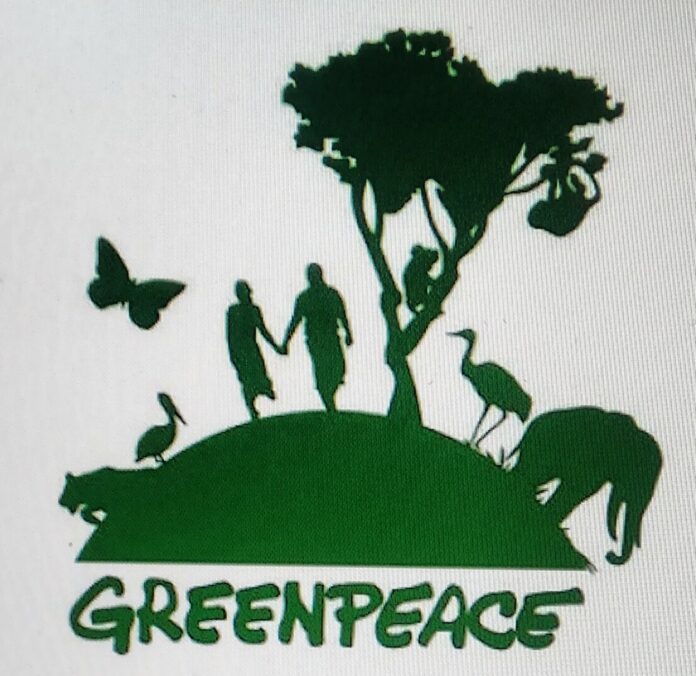A Greenpeace International member traveling from Sydney was barred from entering India on Saturday evening despite having a valid business visa and all necessary documents. No formal reason was given by immigration officials for the decision and he was not officially deported.
Aaron Gray-Block had been traveling to India on an Australian passport to take part in a series of meetings with staff and to learn more about Greenpeace India’s current campaigns.
Commenting on the news, Divya Raghunandan, Programme Director, Greenpeace India said, “Our colleague has a valid business visa, and yet he was prevented from entering India with no reason given. We support the free movement of people across the world, which is crucial to the work of business as well as charities. Greenpeace International is a global organisation that helps to find solutions to environmental problems. There is absolutely no reason why one of its staff members should be treated in such an arbitrary way, and we expect the Ministry of Home Affairs to offer a full explanation.”
Yet strangely the place did not seem crowded. I’m not sure if it was the sheer size of the place, or whether the masses congregated in one area and didn’t ven“We are forced to wonder if all international staff of Greenpeace will now be prevented from entering the country? If the Home Minister Rajnath Singh has a stand on this, then we would like him to state it clearly.”
Gray-Block was denied entry, his passport was seized and he was put on a flight to Kuala Lumpur despite having a valid business visa and documents. His passport was returned to him after he landed in Kuala Lumpur. He is now back in Australia. This is not the first time Greenpeace staff from other countries have been denied entry into India.
Greenpeace is a global organisation functioning in more than 50 countries. Being a global organisation Greenpeace believes in the process of international integration of people, thoughts, resources and ideas. Denying entry to a Greenpeace International employee with a valid visa is yet further proof of the extent to which the Indian Government is prepared to go in violating Greenpeace’s right to freedom of expression under international law and under India’s Constitution. The treatment of Aaron Gray-Block is just the latest in a series of attempts by the Indian government to obstruct the work of the environmental group.
Greenpeace India faces a coordinated crackdown orchestrated by the Indian Ministry of Home Affairs. On 9th of April, Indian Home Minister Rajnath Singh blocked Greenpeace India’s bank accounts for which the environmental group had to seek interim relief from the Delhi High Court. Previously, Greenpeace India activist Priya Pillai was prevented from travelling to London to voice her concerns against a multinational coal company trying to destroy one of Asia’s oldest sal wood forests.
The Delhi High Court overturned this action of the Ministry of Home Affairs and after a four month ordeal, Priya Pillai’s ‘offload’ passport stamp was formally expunged in May.

